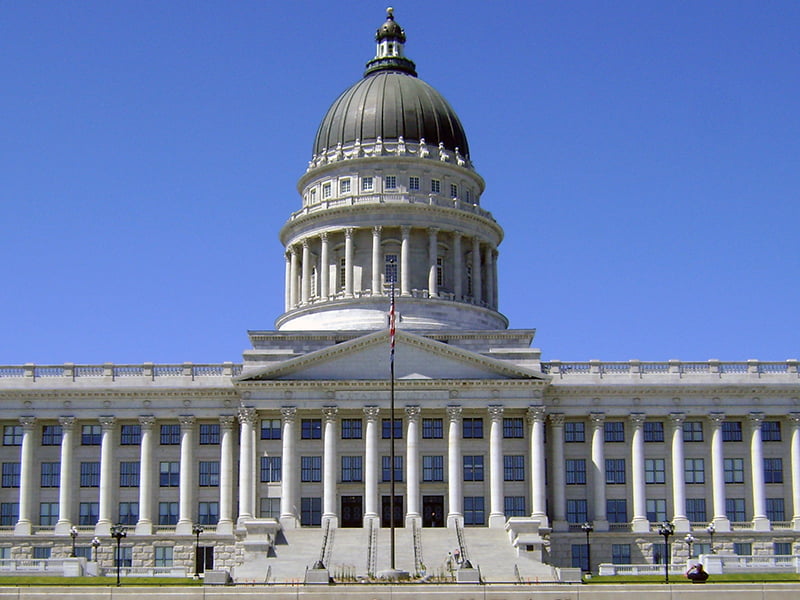Every six months or so, there’s another wave of clickbait and memes talking about “restore the Fairness Doctrine.” From this, one can reasonably conclude that there’s widespread support for this doctrine, and the public believes it should be “restored.” Even opportunistic politicians who know better will jump on this to give the impression they’re on the side of the people.
The public is wrong, and today we’re going to explore why.
“Wait,” some of you are thinking, “how can you possibly be against fairness?” That’s not what this is about, at all. Indeed, it’s the inherent lack of fairness that caused the thing to stop being enforced in the first place.
From the earliest days of broadcast media in the US, the FCC has had control over the “public airwaves,” ostensibly in the public interest. As part of this control, they developed and implemented the Fairness Doctrine. The airwaves were seen as a public resource, and the legal logic determined that the federal government, acting as the defender of the people’s interests, therefore had a right to regulate the content broadcast on those airwaves.
The wikipedia entry on FD summarizes it as well as I could: by the time it was implemented as a formal doctrine by the FCC in 1949, FD was “a policy that required the holders of broadcast licenses to both present controversial issues of public importance and to do so in a manner that was—in the FCC’s view—honest, equitable, and balanced.”
The important phrase in that summary is “holders of broadcast licenses.” In the pre-cable era, all radio and television stations as well as the three major TV networks were required to purchase a license allowing them to broadcast on a given frequency. Adherence to FD was a contingency of that license, and if a broadcaster violated FD they were at risk of losing their broadcast license.
In the modern era, however, the majority of media is satellite radio, and cable and satellite television, and broadband internet. These media do not hold FCC broadcast licenses. You can’t revoke Fox News’ broadcast license (another empty pseudo-activist cry you’ll often see on social media), because they don’t have one. Instead they literally purchase specific bandwidth from the federal government, and they are then considered the owners of that bandwidth. It’s no longer “public airwaves,” but privately owned. This is more obvious in the case of cable television, but does also apply to satellite service – indeed, it’s probably fair to say that from a legal standpoint there’s no difference between the two, assuming both are privately owned rather than being owned and/or operated by the government (i.e. publicly).
Consequently, the FCC has exactly zero direct regulatory over content on these privately owned networks, and you do not want them to have that control. This concept is why you can see nudity on HBO, why you can order pornography from your local cable station, and why you can see other forms of “adult content,” be it sexually explicit or explicit violence, on your cable TV channels. It’s also what prevents the government from deciding that a Michael Moore documentary or a satire depicting national leaders in a bad light or a production of “1984” can’t be broadcast.













It needs a re do!!!! 😉